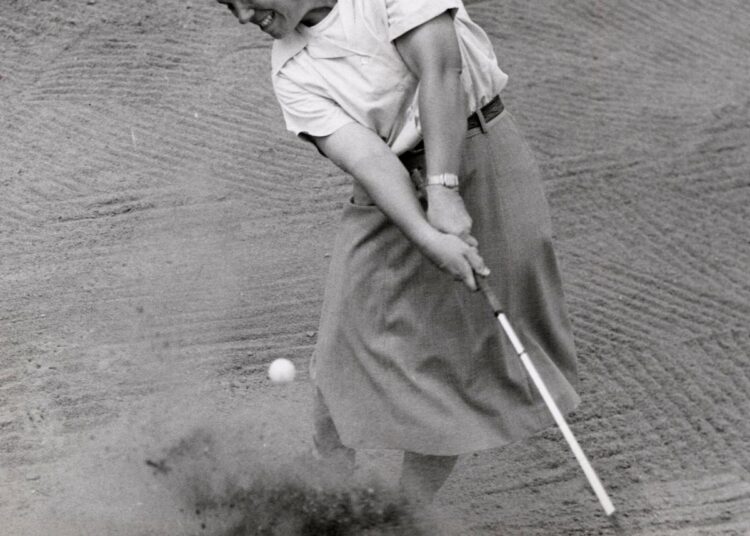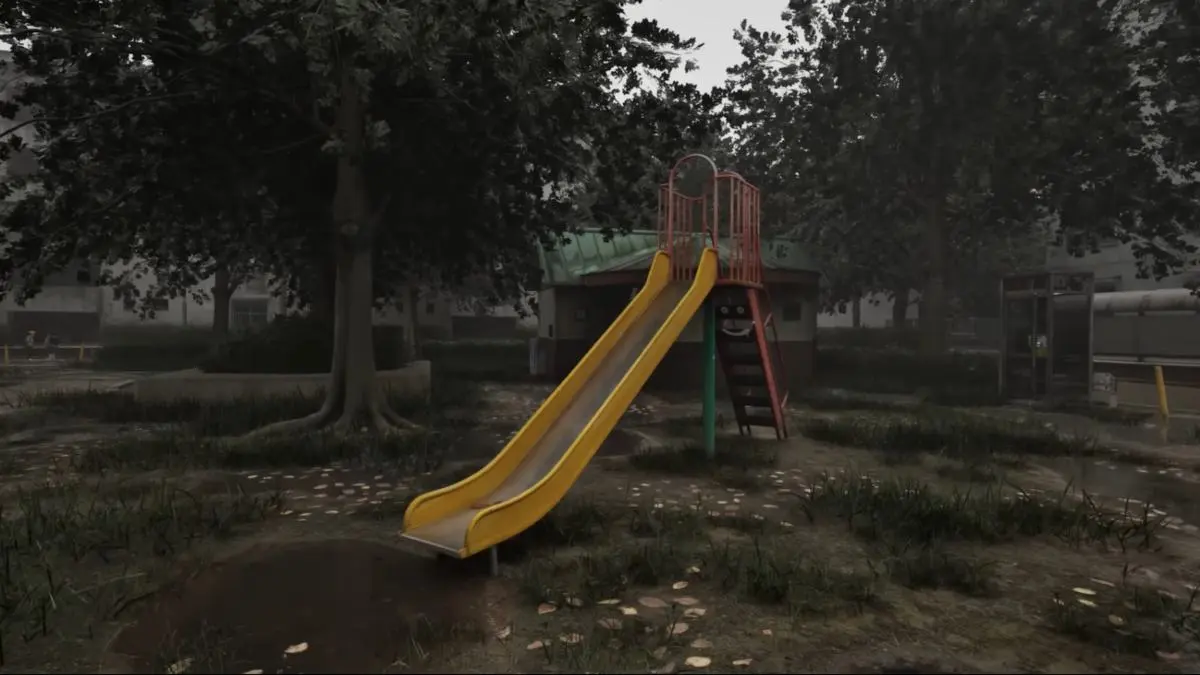The LPGA’s inaugural season began 75 years ago this week at the Tampa Open, where a petite bookkeeper from Fort Worth, Texas, – amateur Polly Riley – etched her name into golf history.
The field of 115 – divided by handicaps and dominated by amateurs – was headlined by sporting icon Babe Zaharias, who’d lost to Riley, 10-and-9, two years prior in the final round of the Texas Open. The LPGA’s milestone event was held Jan. 19-22 at Palma Ceia Golf and Country Club, and a copy of “Golf World” from 1950 noted that the crowd that gathered at the oldest private club in Tampa was the largest to ever watch a tournament on Florida’s west coast. Tickets were $2 on the weekend and with operating costs at $6,000, the event enjoyed its first profit.
In fact, when the final round began, O.B. Keeler wrote in the “Atlanta Journal” that a gallery of over 10,000 was on hand. Par was set at 75 for the 6,093-yard course, and Riley won with rounds of 72-74-73-76.
“The tournament, in addition to the amazing golf competition it recruits, is one of the best operated affairs I have ever attended,” Keeler gushed.
LPGA founder Louise Suggs finished five strokes back of Riley but took home the winner’s check of $1,000. Marlene Bauer, still an amateur, shared third with fellow founder Betty Jameson, while Zaharias earned $650 for fourth. Patty Berg, who was forced to withdraw and later hospitalized in Miami, received a wrist watch.
The LPGA’s original charter was signed in 1949 by five players – Helen Dettweiler, Helen Hicks, Sally Sessions, Jameson and Berg. For a time, it wasn’t fashionable to be known as a female professional. They were instead referred to as “business women golfers.”
Zaharias won eight of the tour’s 15 events that first season, including the 1950 U.S. Women’s Open, in Wichita, Kansas, where eight more charter members were added: Bettye Danoff, Opal Hill, Marilynn Smith, Shirley Spork, Alice Bauer, Marlene Bauer Hagge, Suggs and Zaharias.
The popular Berg was elected president.
The current LPGA is, of course, in the midst of an important transition as the search is underway for new leadership. The tour’s ninth commissioner, Mollie Marcoux Samaan, recently stepped down amidst rising criticism after only 3 ½ years.
Short tenures at the top aren’t unusual for the LPGA. The tour didn’t hire its first commissioner until 1975.
Zaharias’ business manager, Fred Corcoran, was the tournament manager of the newly-formed tour 75 years ago, but it wasn’t until Ray Volpe, in the mid-70s, insisted on having the title of “commissioner” and answering to a board of directors that the current system was put into place.
The LPGA’s 76th season gets underway later this month at the Hilton Grand Vacations Tournament of Champions, but first, the tour will mark its diamond anniversary with a fundraising event at Palma Ceia Golf and Country Club with proceeds befitting LPGA*USGA Girls Golf.
Brittany Lincicome, Jan Stephenson, Janes Geddes and Brittany Lang are among the LPGA players who will be on hand Jan. 18-19, along with several local junior and college players, to celebrate the past, present and future of the tour.
Interim commissioner Liz Moore will speak at a cocktail reception on Saturday and a plaque will be unveiled on the clubhouse wall at Palma Ceia that features silhouettes of the tour’s 13 founders.
Riley never did join the LPGA as a professional, but she did represent the U.S. at six Curtis Cups and captained the victorious 1962 team. A runner-up in both the U.S. Women’s Amateur and U.S. Women’s Open, she is believed to have won more than 100 amateur tournaments.
George W. White of the “Dallas Morning News” described Riley as “the girl with the shimmering, wavy, light brown hair and dazzling blue eyes” who boasted one of the most modest and pleasant personalities in sport.
“Once on the course, however, the Fort Worth Miss is colder than ice,” wrote White, “and, like another diminutive links star of the same city, Ben Hogan, she doesn’t seem to have nerves.”
According to a 1949 “Sports Illustrated” story, Riley’s mother introduced her to golf after discovering she was the star halfback on the neighborhood football team.
“Polly approached the game with unique vigor,” wrote Bill Rives of Riley’s early days in golf. “She gripped the driver as though it were a baseball bat, and then flailed away at the ball in the desperate manner of one who has been cornered by a king cobra.”
Though her swing was tamed in short order, Riley’s passion for the sport ultimately landed her a permanent piece of history on a resilient tour that’s now awash in global talent.
And once again, standing at a crossroads.
This article originally appeared on Golfweek: LPGA celebrates 75th anniversary with special event in Tampa
Read the full article here



























Discussion about this post